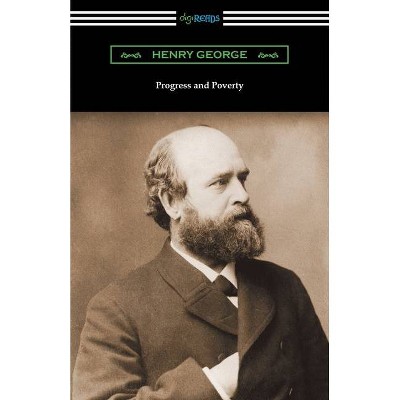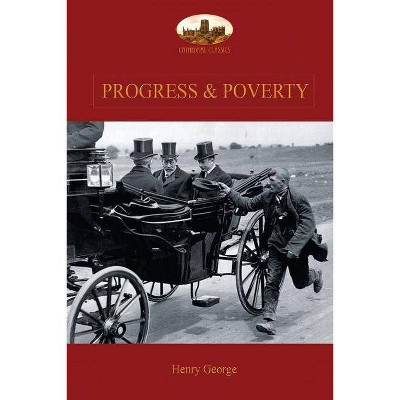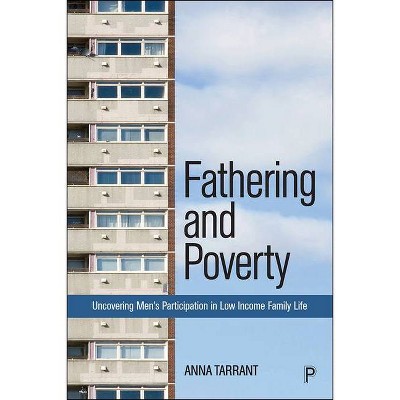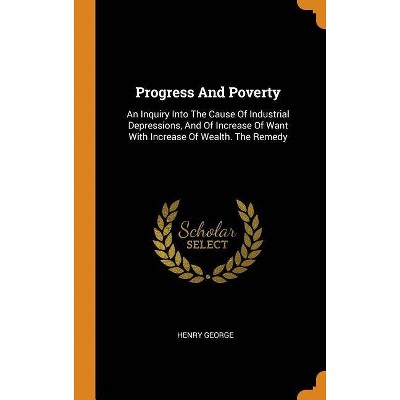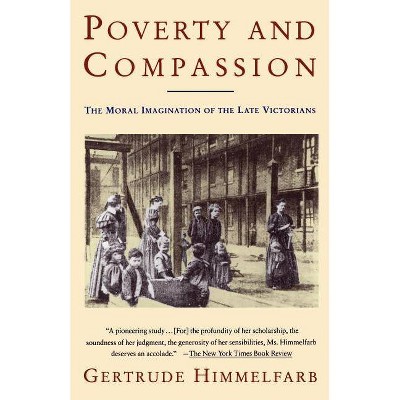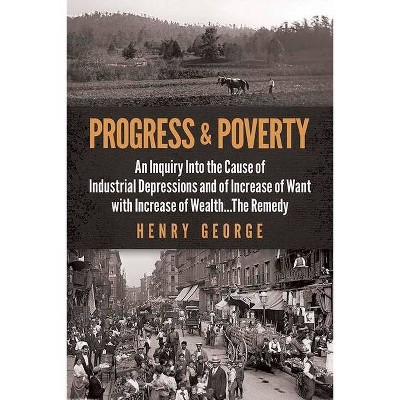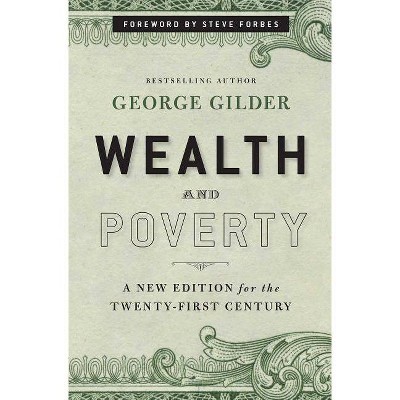Policy, Politics and Poverty in South Africa - (Developmental Pathways to Poverty Reduction) by Jeremy Seekings & Nicoli Nattrass & Kasper
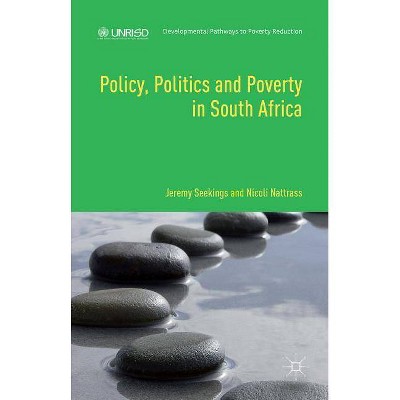
Similar Products
Products of same category from the store
AllProduct info
<p/><br></br><p><b> About the Book </b></p></br></br>"When South Africa finally held its first democratic elections in 1994, the country had a much higher poverty rate than in other countries at a similar level of development. This was the legacy of apartheid. Twenty years later, poverty was still widespread. Seekings and Nattrass explain why poverty has persisted in South Africa since 1994. They demonstrate who has and who has not remained poor, how public policies both mitigated and reproduced poverty, and how and why these policies were adopted. Their analysis of the South African welfare state, labour market policies and the growth path of the South African economy challenge conventional accounts that focus only on 'neoliberalism'. They argue, instead, that policies were, in important respects, social democratic. They show how social democratic policies both mitigate and reproduce poverty in contexts such as South Africa, reflecting the contradictory nature of social democracy in the global South"--<p/><br></br><p><b> Book Synopsis </b></p></br></br>Seekings and Nattrass explain why poverty persisted in South Africa after the transition to democracy in 1994. The book examines how public policies both mitigated and reproduced poverty, and explains how and why these policies were adopted. The analysis offers lessons for the study of poverty elsewhere in the world.<p/><br></br><p><b> About the Author </b></p></br></br><p>Jeremy Seekings is Professor of Political Studies and Sociology and Nicoli Nattrass is Professor of Economics at the universities of Cape Town and Yale. Their previous books include Class, Race and Inequality in South Africa. They have written widely on South African politics, economics, society and history, on AIDS and on the comparative history of the welfare state.</p>
Price History
Price Archive shows prices from various stores, lets you see history and find the cheapest. There is no actual sale on the website. For all support, inquiry and suggestion messages communication@pricearchive.us

